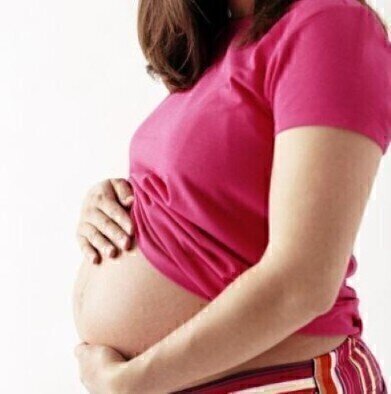-
 The new technique could help women to conceive
The new technique could help women to conceive
News
Womb transplant procedure could 'help women conceive'
Jan 20 2014
Several Swedish patients have undergone successful womb transplants in a new medical trial. The nine women received wombs that were transplanted from living relatives in an attempt to allow them to conceive children when they previously incapable of doing so.
Women around the world could benefit from the procedure following the breakthrough trial, which could help those that were born without wombs or that have problems with them that make it impossible to conceive.
Those that were part of the study had either had their uterus removed due to cervical cancer or were born without them. Following on from the successful transplantation of the wombs, the women will soon start trying to conceive to see whether the procedure can make them fertile.
The move to provide transplanted uteruses follows on from work into transplanting other body parts as well as those that could save lives. As well as livers, kidneys hearts and other vital organs, medical advances have led to the ability to transplant faces and other body parts in a bid to improve people's quality of life.
Previous attempts have been made to transplant wombs in Saudi Arabia and Turkey, however; both instances did not result in successful conception. Other countries have begun to plan similar procedures but the one used in Sweden is so far the most advanced.
The most recent trial has reported that many of the women who had undergone the transplant had experienced periods around six weeks after the operation. This is the earliest possible sign that the wombs are functioning correctly and are remaining healthy.
None of the women who underwent the transplant or donated their wombs have suffered any severe complications, allowing them all to leave hospital after only a few days. While some women had small rejection episodes and one participant developed an infection, no further issues were recorded.
The transplant procedures began in September 2012 and originally were intended to include ten women, however; one was unable to proceed with the operation. While the women are unable to conceive naturally as their wombs were not connected to their fallopian tubes, they are able to produce their own eggs, allowing for in-vitro fertilisation. It is not yet known if the procedure will result in healthy babies.
Digital Edition
Lab Asia Dec 2025
December 2025
Chromatography Articles- Cutting-edge sample preparation tools help laboratories to stay ahead of the curveMass Spectrometry & Spectroscopy Articles- Unlocking the complexity of metabolomics: Pushi...
View all digital editions
Events
Jan 21 2026 Tokyo, Japan
Jan 28 2026 Tokyo, Japan
Jan 29 2026 New Delhi, India
Feb 07 2026 Boston, MA, USA
Asia Pharma Expo/Asia Lab Expo
Feb 12 2026 Dhaka, Bangladesh


















